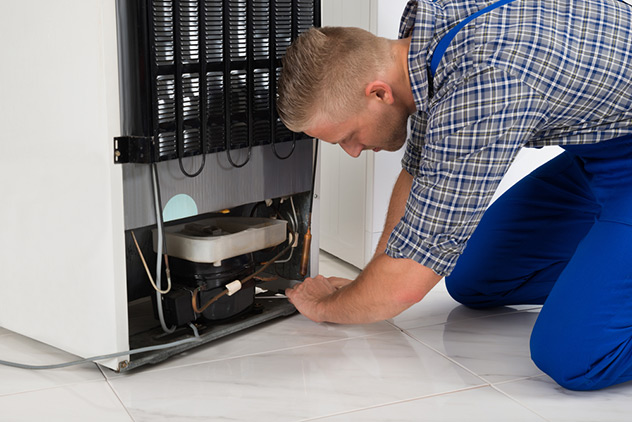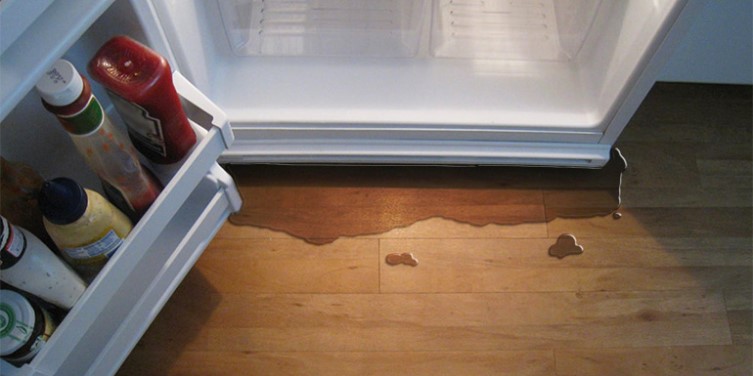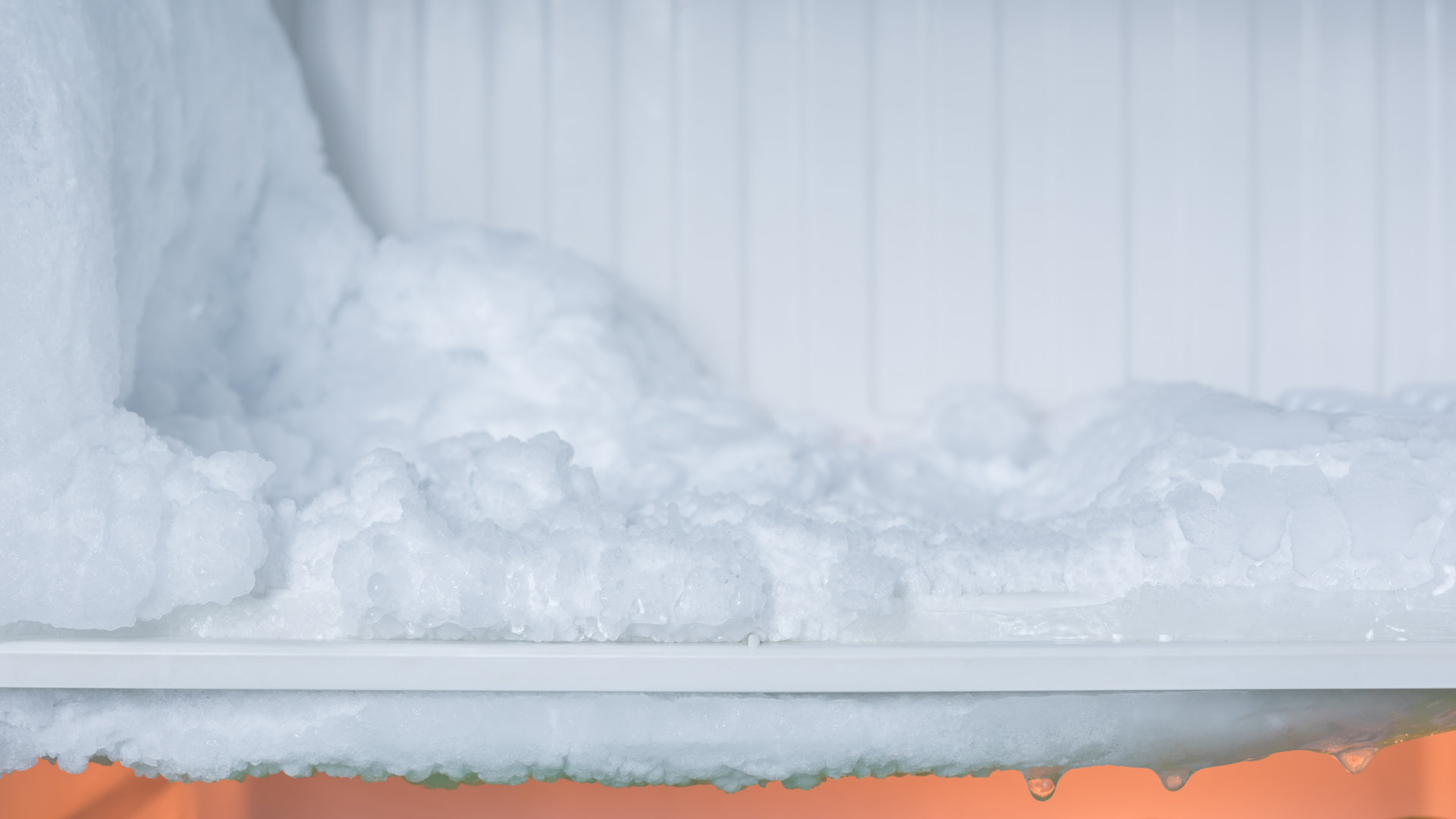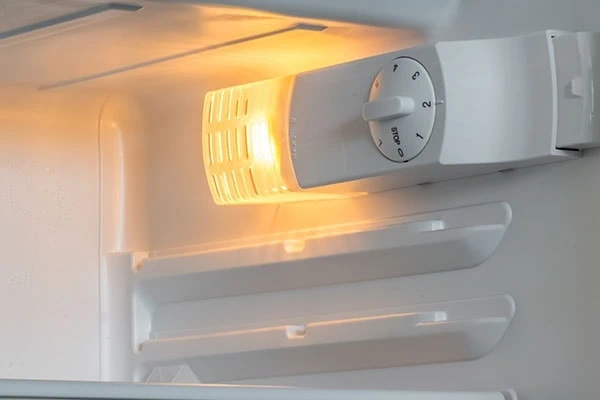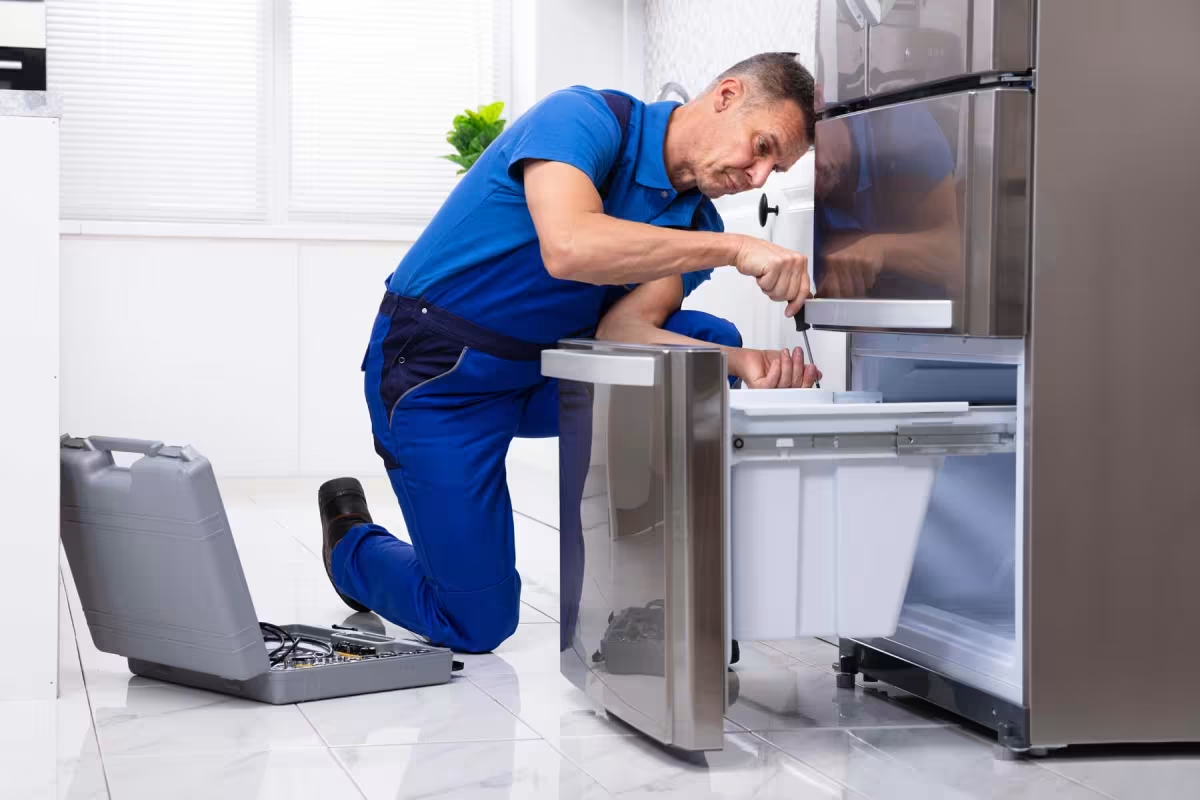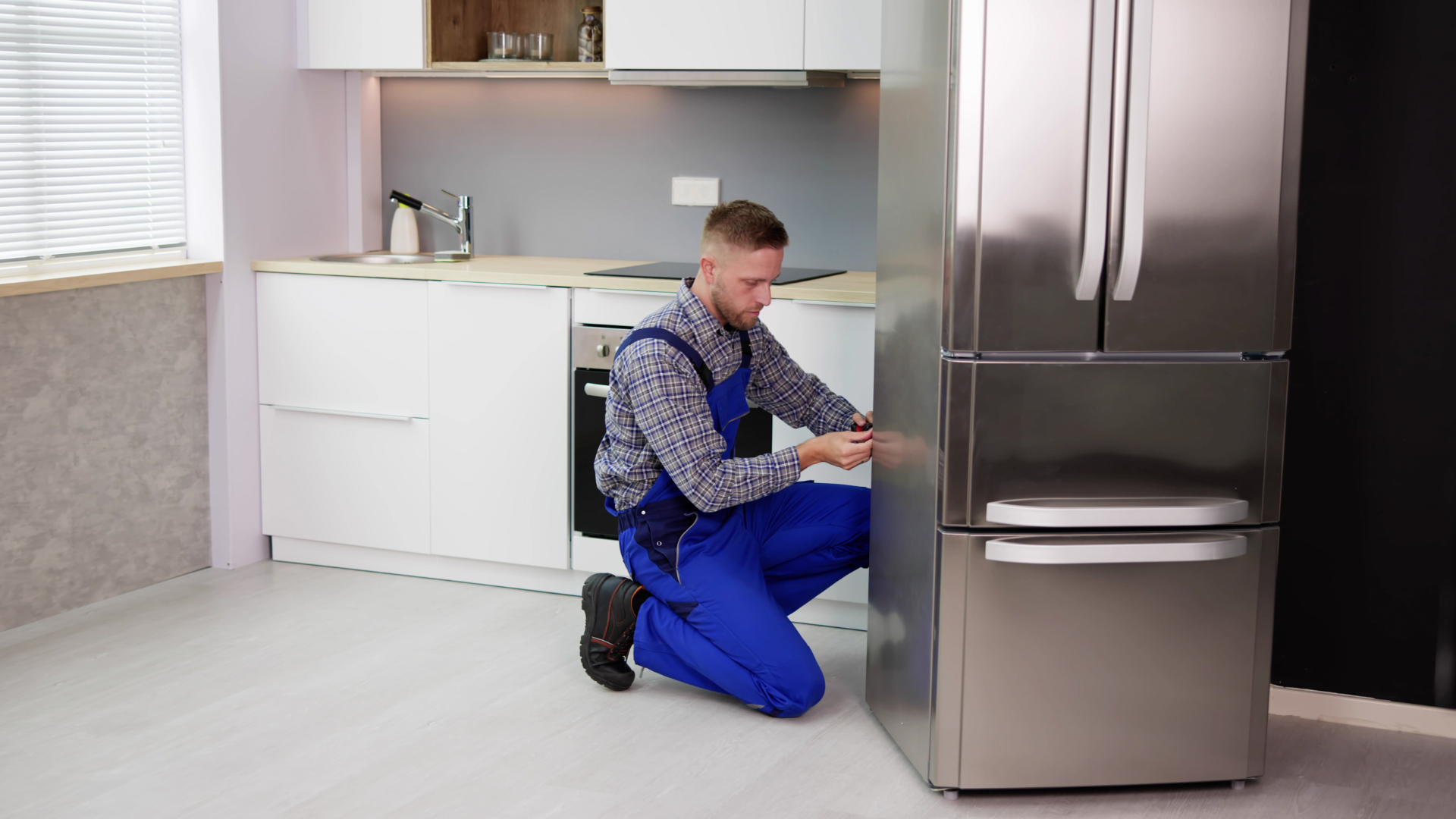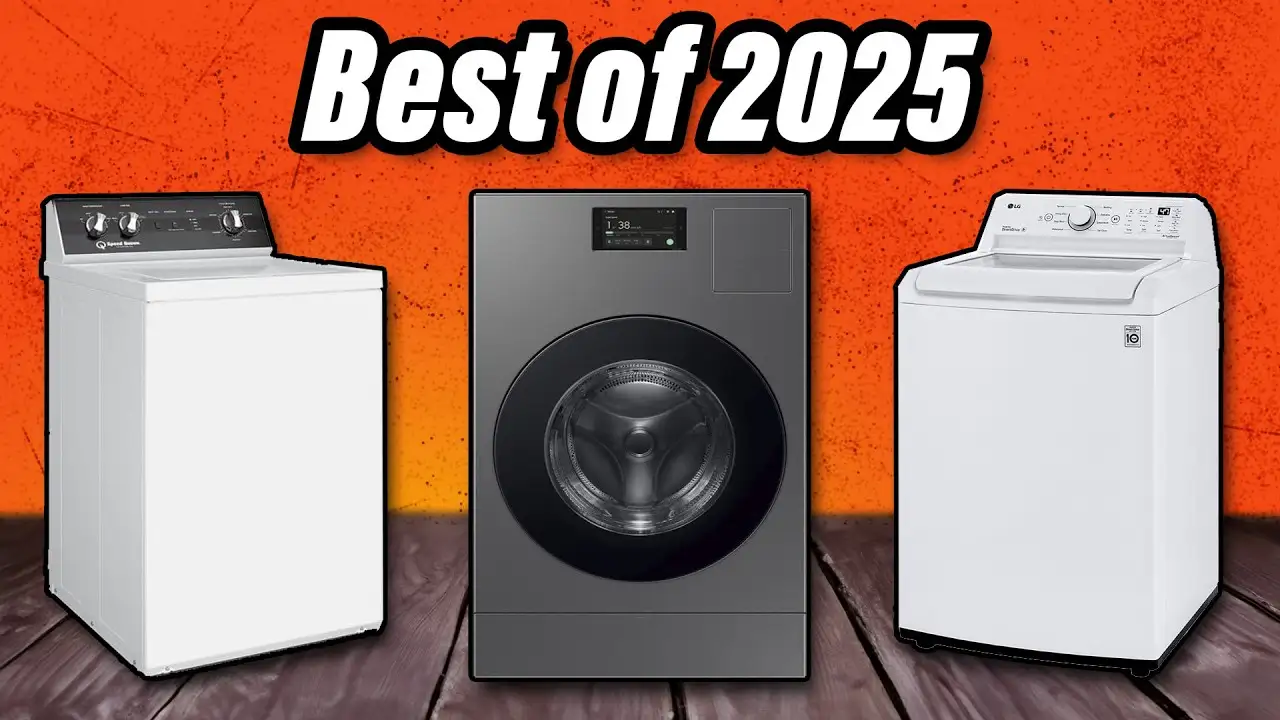Should You Fix or Replace Your Refrigerator?
Your refrigerator plays an essential role in your household, keeping food fresh, safe, and accessible. When it starts malfunctioning, it can cause significant disruption to your daily life. The decision to fix or replace your refrigerator can be overwhelming, but making an informed choice is crucial to ensure you’re getting the best value for your money. Whether you’re dealing with minor issues or more serious failures, understanding the root causes of the problem, the age of your appliance, and the potential costs of repair versus replacement will help you determine the best course of action. This guide will provide you with detailed insights into common refrigerator problems, their causes, and when it’s best to repair or replace your refrigerator.
Common Refrigerator Problems and Their Causes
Over time, refrigerators can develop issues that affect their performance. Diagnosing the problem early can help you determine whether a repair is feasible or if replacement is a more practical option. Let’s look at some of the most common refrigerator problems and what they typically indicate.
Refrigerator Not Cooling Properly
One of the most common complaints about refrigerators is inadequate cooling. A fridge that doesn’t cool properly can lead to spoiled food and a significant waste of money. There are several reasons why your refrigerator may be failing to cool effectively:
-
Faulty Thermostat: If the thermostat is broken, it won’t signal the compressor to cool the interior, leaving your food at risk of warming up. This is often a straightforward repair.
-
Dirty Condenser Coils: Over time, dirt, dust, and debris can accumulate on the condenser coils, which reduces their efficiency. Regular cleaning of these coils can help prevent this issue.
-
Worn Door Seals: Damaged or worn-out door seals allow warm air to enter the fridge, preventing it from maintaining the correct temperature. If the seals are the issue, they are relatively easy and inexpensive to replace.
If any of these issues are the cause of the cooling problem, repairs are typically straightforward and inexpensive. However, if the compressor is malfunctioning, it may be more cost-effective to replace the refrigerator entirely.
Water Leaks or Puddles
Finding water pooling around your refrigerator can be alarming, and it often indicates a more serious issue. Water leaks are most commonly caused by the following:
-
Clogged Drain Lines: The drainage system in your refrigerator can become blocked with debris, leading to water leaks. This is often a simple issue to fix by clearing the drain lines.
-
Faulty Water Connections: If your refrigerator is connected to a water line for an ice maker or water dispenser, a loose or damaged water connection can cause leaks. Repairing the water line or replacing the faulty connection can resolve the issue.
While most leaks can be addressed with simple repairs, persistent leaking might point to a more complex problem, such as a defective valve or an issue with the refrigerator’s internal components.
Strange Noises
A refrigerator that starts making odd noises such as buzzing, clicking, or rattling can be a sign that something is wrong. These sounds could be caused by:
-
Malfunctioning Fans: Over time, the evaporator or condenser fans can wear out and cause a rattling or buzzing sound. Replacing the fans usually solves the problem.
-
Compressor Problems: A failing compressor may produce clicking or buzzing sounds before it completely shuts down. If the compressor is on the verge of failure, it may be more economical to replace the entire unit rather than attempt a costly repair.
Some noises may be fixable with minor repairs, but frequent or loud noises often signal that your refrigerator is nearing the end of its life.
Frost Build-Up in the Freezer
Excessive frost build-up in the freezer is another common issue. While it may seem like a minor annoyance, frost accumulation can be indicative of larger problems, such as:
-
Defrost System Failure: If the defrost heater or thermostat fails, it can lead to an accumulation of frost. This issue may require the replacement of the faulty component.
-
Improper Door Closure: If the freezer door isn’t sealing properly, moisture can enter the freezer and freeze, leading to frost build-up.
While regular maintenance can prevent frost accumulation, recurring problems with frost may require a more substantial repair or even a replacement.
Refrigerator Light Not Working
Though it may seem like a minor issue, a light that no longer works can be frustrating. There are two main causes for this problem:
-
Burned-Out Bulb: This is the easiest fix, requiring just the replacement of the bulb.
-
Electrical Problems: If the bulb isn’t the issue, there may be an electrical fault, such as loose wiring or a broken light socket. These problems may require professional attention.
In most cases, a burned-out bulb or electrical issue won’t justify replacing the refrigerator, as these are relatively simple and inexpensive repairs.
When Should You Repair Your Refrigerator?
For many homeowners, repairing a refrigerator is the most cost-effective and practical option. However, repairs are not always suitable, and knowing when to opt for a fix is key to avoiding unnecessary expenses. Here are a few scenarios in which repairing your refrigerator makes sense.
Affordable Repairs for Minor Problems
Certain issues are relatively simple and inexpensive to repair. For example, replacing a light bulb, cleaning the condenser coils, or fixing a broken door seal usually doesn’t cost much. If these are the problems you’re dealing with, repairing the refrigerator is a smart and cost-effective solution.
Fridge Age: Under 10 Years
Refrigerators that are less than 10 years old often still have several years of life left in them. If the refrigerator has been well-maintained and the problem is minor, it’s generally worth repairing. Many modern refrigerators are designed to last longer than older models, and repairing them can be a better investment than replacing them prematurely.
Warranty Coverage
If your refrigerator is still covered by a manufacturer’s warranty or an extended service plan, repairs may be fully or partially covered. In such cases, it makes sense to take advantage of the warranty and have the refrigerator repaired at little to no cost.
Fixing Common Problems
Certain refrigerator problems, such as a broken thermostat or clogged drain line, are relatively inexpensive to fix. If the issue is minor and the refrigerator is still in good condition, repairing the appliance is usually the best option.
When Should You Replace Your Refrigerator?
There are instances where replacing your refrigerator is the more practical and economical solution. If you find yourself dealing with frequent repairs or an older unit, replacement may be the best option. Let’s explore when you should consider replacing your refrigerator.
Frequent or Expensive Repairs
If your refrigerator requires frequent repairs or the cost of repairs exceeds 50% of the cost of a new fridge, replacing it is often a better option. Frequent breakdowns can indicate that the refrigerator is nearing the end of its useful life, and the cost of ongoing repairs may not be worth it.
Energy Efficiency and Savings
Older refrigerators consume more electricity and are less energy-efficient than modern models. Upgrading to a newer, energy-efficient refrigerator can help you save money on your utility bills. Energy-efficient models use less power to operate, which reduces both your carbon footprint and your overall energy consumption.
Fridge Age: Over 10 Years
As refrigerators age, they become more prone to breakdowns and become less efficient. If your refrigerator is more than 10 years old, it’s likely to be consuming more energy and may not function as effectively as a newer model. In these cases, replacing the refrigerator can help you save on repairs, energy costs, and ensure you have a reliable appliance.
Modern Features
New refrigerators come with advanced features such as better temperature control, smart technology, and improved storage solutions. If your current refrigerator lacks these features, upgrading to a modern model can improve the convenience and functionality of your kitchen.
Cost Comparison: Repair vs. Replace
Understanding the costs of repair versus replacement can help you make a more informed decision. Here’s a breakdown of typical repair and replacement costs for common refrigerator issues.
Here’s a quick breakdown to help you decide:
|
Issue |
Repair Cost |
Replacement Cost |
Recommendation |
|---|---|---|---|
|
Light Bulb Replacement |
$20-$50 |
Not Applicable |
Repair |
|
Thermostat Replacement |
$100-$300 |
$800-$2,000 |
Repair for newer models |
|
Compressor Failure |
$500-$1,000 |
$800-$2,000+ |
Replace if cost exceeds 50% of new fridge |
|
Frequent Repairs |
Ongoing |
$800-$2,000+ |
Replace |
If repair costs are too high or if repairs are frequent, replacing the refrigerator may be the better option.
Contact Us for Fridge Repair or Replacement
At RightFix, we specialize in both refrigerator repair and replacement. Whether you need a quick fix or want to upgrade to a more energy-efficient model, our expert team is here to help. We provide fast, reliable, and affordable service to ensure your refrigerator is functioning properly and your kitchen stays running smoothly.
Contact us today to schedule a service appointment. Let us handle your refrigerator needs with the expertise and professionalism you deserve. Whether it’s repair or replacement, we’re committed to providing you with the best solution for your home and budget.
Location we Service
- Ajax
- Alliston
- Aurora
- Bolton
- Bradford
- Brampton
- Brantford
- Burlington
- Caledon
- Cambridge
- Concord
- East York
- Etobicoke
- Georgetown
- GTA
- Guelph
- Halton Hills
- Hamilton
- Innisfil
- Keswick
- King City
- Kitchener
- Kleinburg
- Maple
- Markham
- Milton
- Mississauga
- New Tecumseth
- Newmarket
- North York
- Oakville
- Orangeville
- Oshawa
- Pickering
- Richmond Hill
- Scarborough
- Schomberg
- Stouffville
- Thornhill
- Toronto
- Unionville
- Uxbridge
- Vaughan
- Waterloo
- Whitby
- Woodbridge




